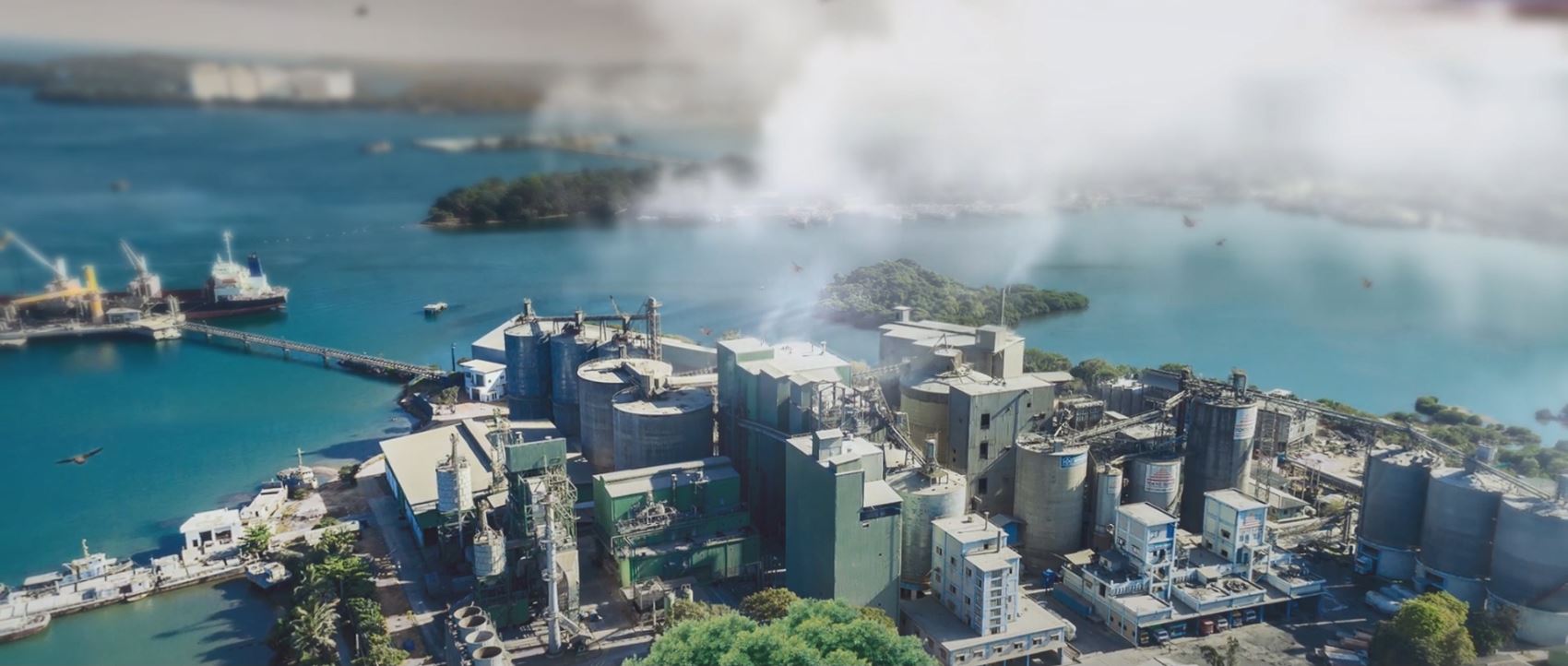 Quarterly Financial Review
Quarterly Financial Review
Tokyo Cement Group (Tokyo Cement) reported a turnover of Rs. 11,639 million and a Profit After Tax (PAT) of Rs. 1,006 million for the 3rd Quarter ended 31st December 2024, compared to a turnover of Rs. Rs. 11,348 million and a PAT of Rs. 193 million, in the same period last year. Despite seasonal conditions such as monsoons and the year-end holidays, there was a 14% growth in demand for the corresponding period. For the 9 months ended 31st December 2024, The Group reported a turnover of Rs. 37,136 million compared to Rs. 36,679 million, and a PAT of Rs. 2,795 million against Rs. 1,700 million, respectively, over the same period of the previous year.
The Economic Environment
Key economic indicators remained positive, encouraged by favourable monetary policies which enabled the steady decline of inflation and lowered lending rates. A marked revival in tourism and foreign remittance incomes further reinforced this buoyant economic outlook causing the US dollar to drop below Rs.300 for the first time since June 2023. The Finance Ministry announced the successful conclusion of the international bond restructuring process, completing the country’s sovereign debt restructuring exercise.
Private sector-lead investments spurred the construction industry, encouraged by a decline in the overall prices of construction materials and the stabilized borrowing environment. The Central Bank’s decision to maintain the policy rates coupled with the stable economic outlook, gave confidence to private sector investors to pursue new construction projects. The Purchasing Managers’ Index for the Construction Industry rebounded in the first two months of the quarter, propelled by the increase in both new orders and quantity of purchases.
Outlook
The leadership team of the Group awaits the presentation of the new government’s budget in February, to inform its planning for the calendar year. However, there are some positive indications that have had a direct impact on the industry momentum. The stipulated downward revisions to APIT (Advance Personal Income Tax) are expected to improve residual income of consumers and expand domestic economic activity. The World Bank has announced their participation in this process with strategic support for education, rural development, and renewable energy sectors. The banking sector has reported an increase in the number of new applications for construction related loans in the form of home loans and borrowings by contractors and developers for residential and commercial projects. This is indicative of the predevelopment period that typically precedes a construction industry boom.
The construction industry is expected to continue its upwards movement, with the commencement of new and previously paused building projects led by the private sector developers. Some of the state sector infrastructure development projects including the Kandy Multimodal Transport Terminal Development Project funded by the World Bank, the section of the Central Expressway between Kadawatha to Meerigama funded by the Japanese Government and Phase II of the Bandaranaike International Airport Development Project funded by the Japan International Cooperation Agency (JICA), are expected to bring in much anticipated market growth.
Whilst maintaining its conservative outlook for the short to medium term, Tokyo Cement remains optimistic of stabilisation of the country’s economic fundamentals as the year progresses. The Group will maintain the stringent cost control measures already in place to protect the interests of its stakeholders. The Tokyo Cement Group remains agile to the changes in the business environment and stands ready to be an active participant in the country’s efforts to reignite the economy. —

